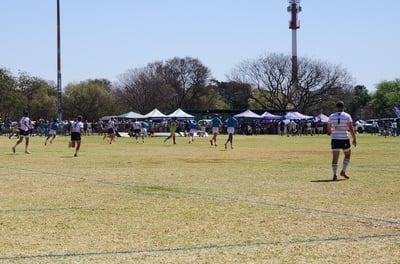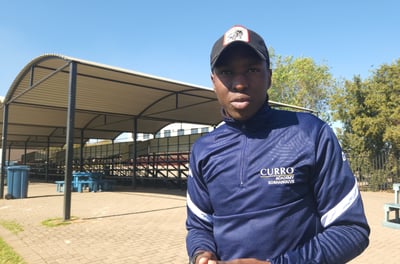Sports Development and Sporting culture
South African football has been seen as dismal compared to rugby, but there is an underlying story of sporting culture and class
Thabiso Legodi
1 min read




South Africa’s rugby dominance is unquestionable, with the Springboks consistently excelling on the world stage. Meanwhile, football remains stuck, as Bafana Bafana struggles to compete internationally. Yet, this gap isn’t due to a lack of talent—it’s rooted in inequality, poor development structures, and a fractured sporting culture.
Rugby’s success stems from a socio-cultural context and its history, deeply entrenched in elite schools with strong development programs and private sponsorships. Whether public or private, rugby schools thrive due to access to capital and a well-established sporting culture. However, it's not that simple.
Football, on the other hand, tells a different story. Public football schools often lack resources, while private schools perform better due to superior facilities. Coaches frequently highlight another issue: rugby parents are highly supportive, attending games and investing in their children’s development, while many football parents struggle to do the same due to economic challenges.
But there is hope. Football academies across South Africa are stepping up, working to bridge the gap by nurturing talent, providing better training environments, and instilling a stronger football culture. These academies aim to take up the mantle, offering young players the opportunities they need to succeed.
Despite its challenges, South African football still holds promise, and the dream is far from lost. This is for the untold stars who may yet have their chance to shine.


